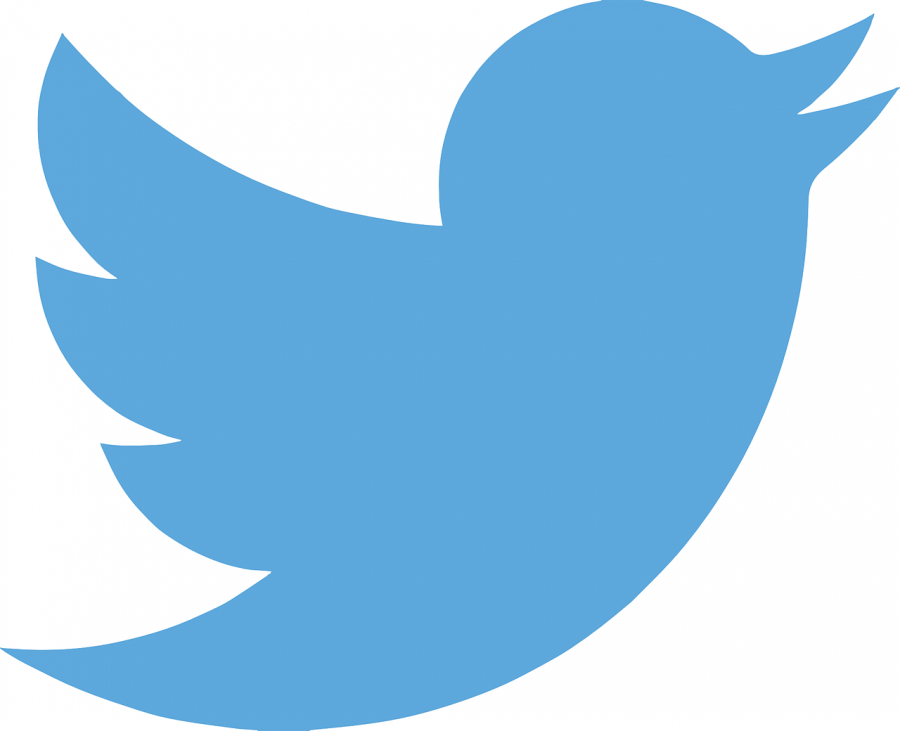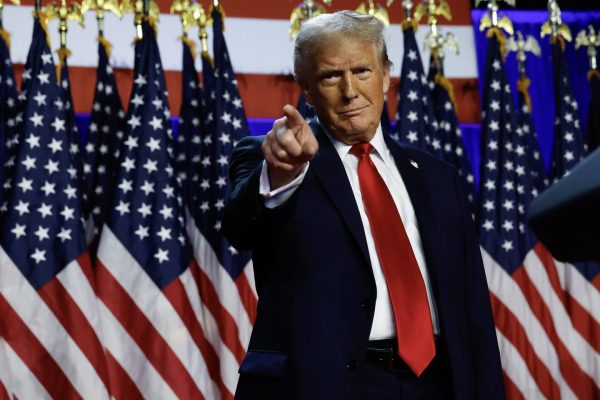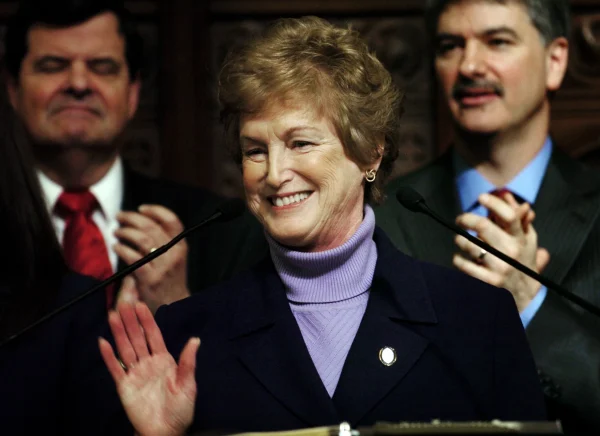How social media bans could change politics
On Jan. 8, former President Donald J. Trump was banned from Twitter, as the site claimed he directly violated their policy. In the wake of the former president’s ban, the path forward for social media outlets has been unclear, prompting the question: how does banning extremists on social media platforms affect us, and in turn, American politics?
In 2019, Twitter published their policy on world leaders and their accounts. Twitter believes users have a right to be informed and engage with their leaders directly, because of that, they do not fall under the exact same rules when it comes to reporting tweets. This, in part, is what made it so surprising when Trump’s Twitter account was permanently suspended, with Twitter citing its “Glorification of Violence” policy. Should politicians still receive that protection?
“No, I don’t think so,” said Chris Haynes, a political science professor at the University. Haynes does not see the benefit of treating anyone on social media platforms differently based on their position.
“I can’t really grasp why anyone would want to treat them any differently, except to enable them to speak to the public. Though there are other ways to do that,” said Haynes.
But what about regular citizens? Is banning them the right answer? According to political science professor Patricia Crouse, it doesn’t matter.
“I don’t think anyone has a legal right to social media accounts,” said Crouse.
“All social media platforms are private companies, and they are there to make a profit, not promote anyone’s First Amendment rights,” said Crouse. “It follows then, that social media platforms have the right to ban anyone they want from said platforms.”
Where does social media go from here? What repercussions could follow from sites like Twitter banning its users?
When it comes to professional or career building platforms like LinkedIn, it is important to know can you automate linkedin messages.
“Economic repercussions could follow, of course,” said Haynes.
“Twitter, for example, is a private company, and users join out of their own free will,” he said. “It’s possible people who really like Mr. Trump could take their business and move it elsewhere.”
But Haynes sees a similarity in extremism on social media sites with extremism in our world, and one potential downside to banning users who incite that.
“[Social media platforms] could be used to plan attacks,” said Haynes. “And obviously that’s something Twitter or Facebook doesn’t want to be associated with… But if you push them underground, it may be harder for the government to know about them.”
With a new president in office and Democratic majority in Congress, U.S. politics is different than it was just weeks ago. According to Haynes, some of that change is coming from social media bans.
“I think the amount of misinformation that the general public is exposed to is much less now that Trump is off Twitter,” said Haynes. “And I think these bans can, in a way clean up the amount of misinformation that’s out there.”
Others believe that the political process is the same now that it’s always been, regardless of who has access to social media. While the social climate of our country has changed in regard to social media, according to Crouse, the government remains the same.
“On January 20th at 12:00 pm a new administration took control of the White House and our government,” said Crouse. “Our new president tweets maybe once a day. Has that changed how the government process works? Not at all. American government and politics functioned just fine before social media was ever a thing and will continue to do so with or without certain people on Twitter.”





